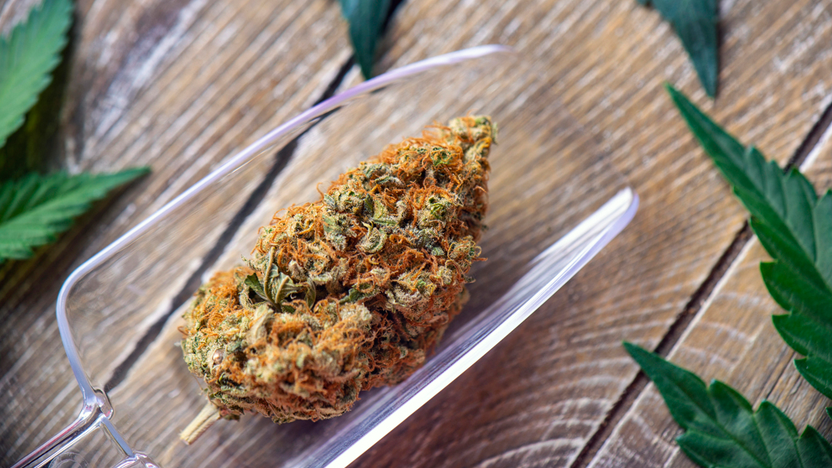Let’s Find Out the Symptoms of Wet Brain
Long-term alcohol consumption and binge drinking in heavy drinkers can result in long-term impairments and effects on brain function linked to poor nutrition. People who binge drink or drink heavily most or every day of the week may neglect their health and make bad dietary choices, such as not eating or consuming items with little nutritional value. Wet brain, also known as Wernicke-Korsakoff syndrome, is a disorder that can occur as a result of this.
The wet brain can be treated and the effects reversed if found early, but if left untreated, it can cause long-term deficits or damage to the brain.
Vitamin B1 deficiency causes a wet brain, also known as Wernicke-Korsakoff syndrome. Thiamine is essential for a variety of biological processes, the most important of which is assisting the body in the conversion of food into energy. Thiamine insufficiency can affect the thalamus and hypothalamus in the brain if left untreated, resulting in several major health issues.
Thiamine deficiency is more common in people who struggle with alcoholism due to poor nutrition and digestion, which hinders nutrients from being absorbed from food. Thiamine deficiency can also be caused by frequent vomiting, a loss of appetite, or forgetting to eat.
Thiamine deficiency can eventually develop into Wernicke-Korsakoff syndrome, often known as the wet brain, which has two stages of symptoms: Wernicke’s encephalopathy and Korsakoff psychosis.
The stages of the wet brain might be used to categorize the symptoms. Symptoms of wet brain / Wernicke’s encephalopathy in its early stages include:
- Confusion.
- Vision problem.
- Low Body temperature.
- Their blood pressure is low.
- Muscle coordination loss.
- Feeling unbalanced.
- Reactions are slowed.
- Coma.
The damage to the brain can potentially be repaired if the wet brain is discovered and treated early. However, if the condition is not treated, the harm to the brain may be irreversible. Treatment for acute wet brain symptoms includes restoring thiamine levels in the body, boosting diet, and maintaining optimum hydration. This may assist to alleviate or eliminate the symptoms of the wet brain, but if the alcohol usage continues, the treatment will be ineffective in the long run.



